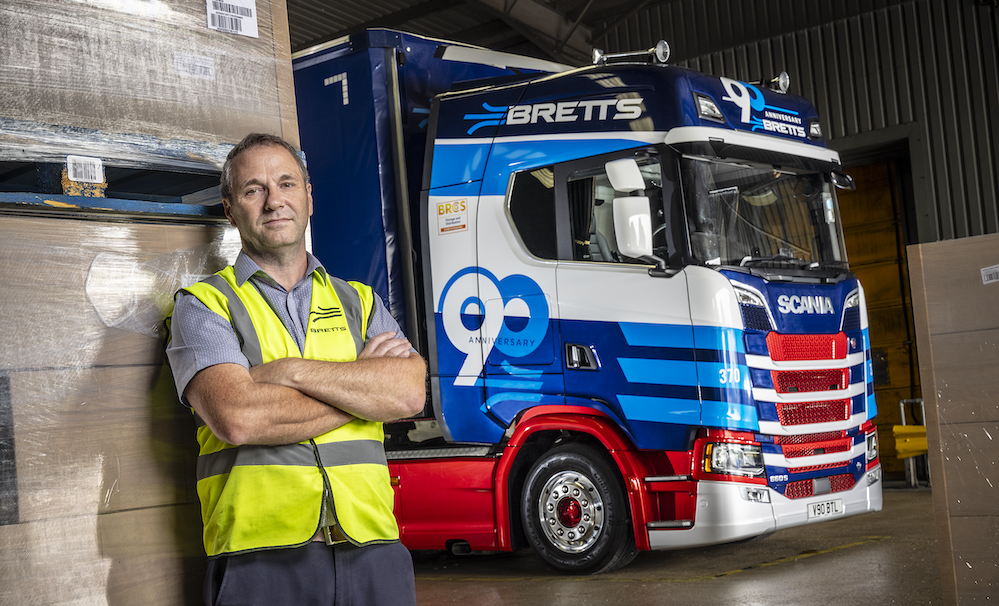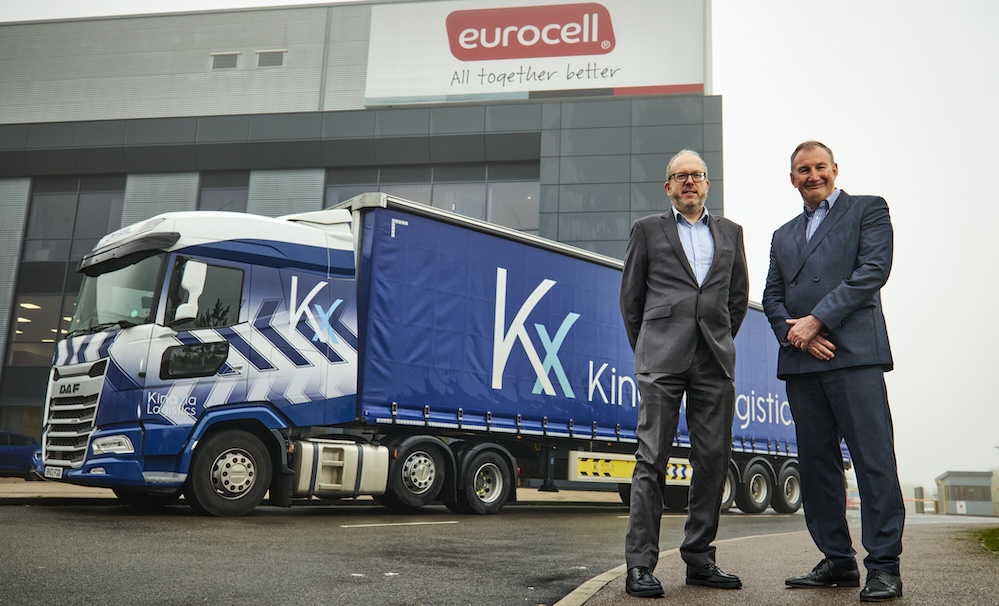The haulage and transportation industry is undergoing a seismic shift.
With nearly 500 haulage businesses entering insolvency in 2023, the unprecedented turbulence experienced in recent years has sent shockwaves throughout every corner of the industry.
Mitigating the fallout from concurrent issues such as Brexit, driver shortages, the cost-of-living crisis, soaring inflation and ongoing geopolitical crises has been a significant challenge for British hauliers – with many still struggling to navigate themselves through to calmer shores while economic uncertainty still rumbles on.
For operators such as Bretts Transport, to find a way to buck the trend and achieve success in a downtrodden economic climate meant ripping up the rulebook and looking at customer care in particular through a different lens.
Providing warehousing and distribution services for over 90 years, Bretts has witnessed first-hand the ever-changing landscape of haulage, however Simon Brett, Managing Director at Bretts Transport, believes that the past four years act as a watershed moment for the industry, and will force operators to adopt a different approach that focuses on flexibility and adaptability.
Simon Brett commented: “Since the Covid-19 pandemic, there’s certainly been a significant paradigm shift in terms of customer demand and the level of expectation placed on the industry.
“Hauliers are now expected to hit almost perfect delivery targets week in, week out and the communication element of the process is mandatory rather than an add-on. In fact, it currently acts as a cornerstone for meeting customer demands. Equally, accountability has skyrocketed, with customers expecting in-depth KPI reports which detail every aspect of the delivery process. In many ways meeting customer demands is so much more than ensuring timely delivery of goods, it requires a deep understanding of their expectations and going above and beyond to exceed them.
“To meet the demands of this increase in expectation, hauliers now more than ever need to develop a customer-centric approach within every aspect of their business in order to build resiliency and allow for more further adaptability when trends in the market begin to shift.”
Simon continued: “Our customers are at the core of everything that we do, and we propose to continue to invest in systems, staff, vehicles, trailers and automation so that we continue to provide the level of service that our customers expect and demand.
“We’ve had incidences in recent years where a customer has left us, whether it be due to a regime change within the business or they’ve undergone a company-wide restructuring process, explored alternative options in the marketplace and have since returned to us. Largely this is as a result of the flexible approach we endeavour to undertake and the fact that some hauliers are operating in a way which isn’t to the standards which customers now expect and demand.
“Also, since the pandemic buying habits have shifted, and as a result pressures have increased along the supply chain. With this in mind, the industry needs to rip up the script and evolve in line with market demands by tailoring logistics processes to meet customer needs, rather than the other way around – otherwise they run the risk of becoming yet another unfortunate statistic.”







